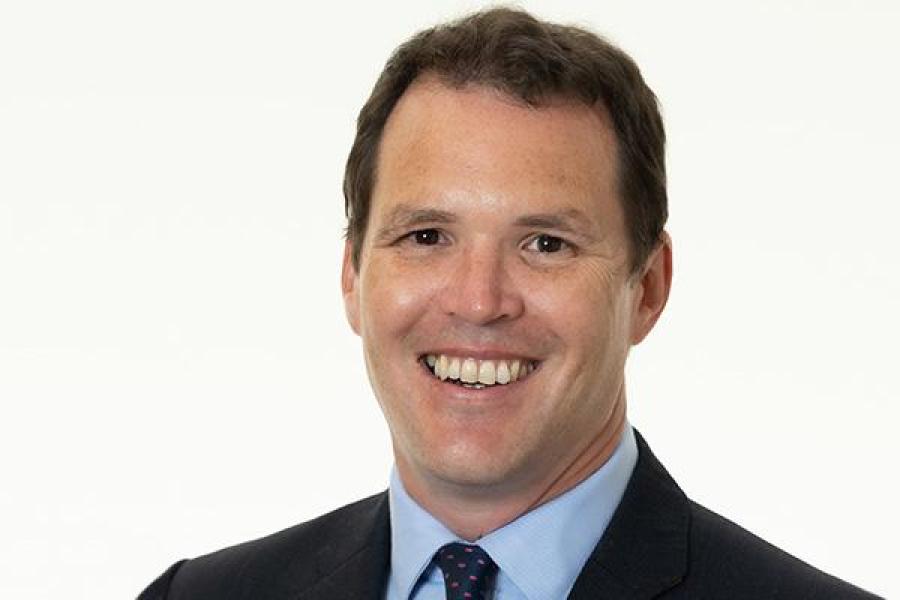Lee Waters, Deputy Minister for Climate Change at the BlueFish conference
On Friday 25th June, the BlueFish conference will close with a keynote speech by Lee Waters, Welsh Deputy Minister for Climate Change.
The Deputy Minister said “I look forward to speaking at the BlueFish project closure conference and finding out more about their key findings on the impact of climate change for the industry.
“Our continued relationship with Ireland is even more important now the UK has left the EU and projects like BlueFish, that bring together scientific expertise from both nations to increase capacity and research into the effects of climate change, form a vital part of our ambitions within the Ireland Wales Shared Statement and Joint Action Plan.”

The conference, led by Bangor University bringing together Aberystwyth and Swansea Universities in Wales, the Marine Institute, Bord Iascaigh Mhara and University College Cork in Ireland focuses on cross border collaboration, climate change and community engagement.
Dr Shelagh Malham, Reader in Marine Biology, explains ‘Bluefish, an EU Ireland Wales programme funded project, has highlighted the potential impacts of climate change on fish and shellfish in the Irish and Celtic Seas demonstrating the importance of Ireland and Wales working collaboratively to sustainably manage the Irish sea for current and future generations’
The conference which summarises the BlueFish project research and output recognises that climate change has many potential implications for coastal fisheries, aquaculture and the coastal communities within the Irish and Celtic Seas. Through the combination of art and science BlueFish has set out to demystify climate change, build resilience and raise awareness of the effects on the coastal communities.
Lee Waters, Welsh Government’s Deputy Minister for Climate Change, also added: “The sea fishing and aquaculture industry is worth millions of pounds to the Welsh and Irish economy, it supports large numbers of jobs and it is crucial we ensure the industry has a viable future”
The project was part-funded by the European Regional Development fund through the Ireland Wales Co-operation Programme 2014 – 2020.





